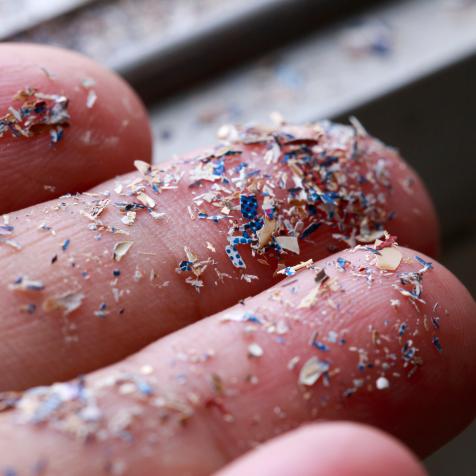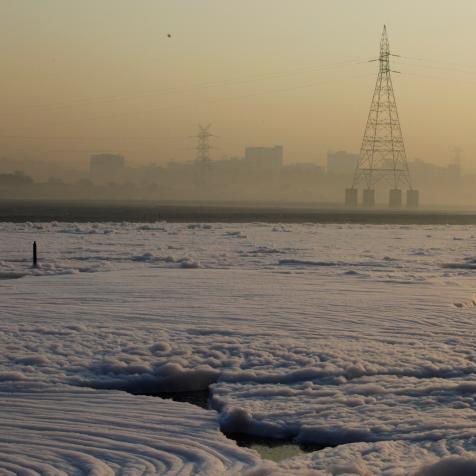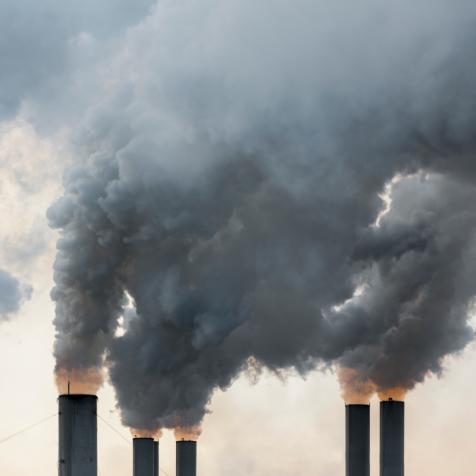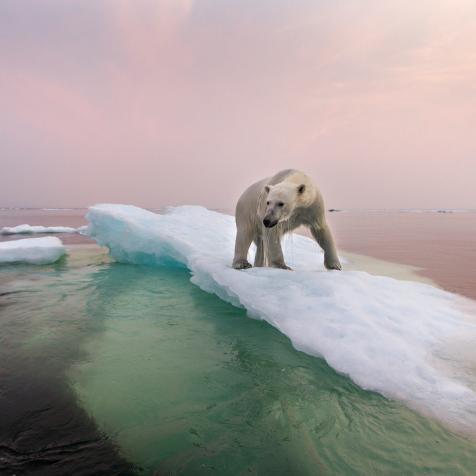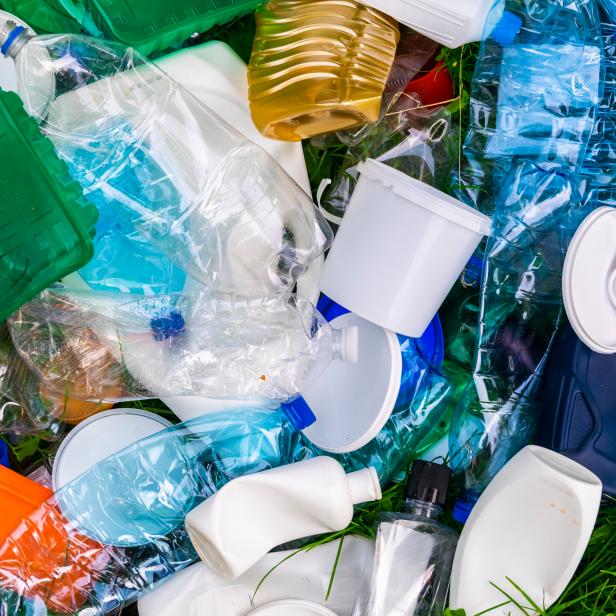
Anton Petrus
Thousands of Bacterial Enzymes Hold the Key to Plastic Pollution Clean-up
Scientists suggest that people ingest at least 50,000 plastic particles a year. Health issues linked to the way plastic chemicals act on the body include cancer and infertility. And investigations show that we are breathing in 100 times more microplastics in our homes than was previously thought. So what can help tackle plastic pollution?
Growing numbers of bacteria in soils and the oceans are evolving to digest plastic. Scientists studying environmental DNA have discovered thousands of unique plastic-eating enzymes among bacteria that could vastly reduce common plastic pollutants found nearly everywhere on the planet.
Researchers in Sweden have identified more than 30,000 unique enzymes in DNA taken from hundreds of locations around the world. And the discovery of so many enzymes that can break plastic down matches the amount of plastic found in the environment, says their study.
Plastic waste, including microplastic particles, is found in US fresh groundwater, in the wilderness of Antarctica, on top of Mount Everest, and in the deepest sea trenches.

David Keaton
Plastic waste is found all over earth from the deepest ocean trenches to the top of Mount Everest.
“Very little is known about these plastic degrading enzymes, and we did not expect to find such a large number of them across so many different microbes and environmental habitats,” said microbial researcher Jan Zrimec. “This is a surprising discovery that really illustrates the scale of the issue.”
For their study, the team compiled a list of 95 known plastic-eating enzymes from places including the sea, waste disposal landfill sites, and plastic refineries. They then searched for similar enzymes with the potential to break down 10 different plastic types from their collected DNA samples.
Their report states that between nine and 14 million metric tons of plastic waste enter the ocean each year. Plastics float at surface level and sink to the seafloor to contaminate sediment. Results from ocean samples showed 11,900 new digestive enzymes, with higher numbers at lower depths, giving an idea of how the marine environment responds to plastic pollution.
Around 18,100 plastic-eating enzymes were found in soil. Many of these were found to attack phthalates, found in water bottles made from polyethylene terephthalate (PET) – one of the biggest sources of single-use plastic worldwide. Researchers put this down to the sheer scale of production, disposal, and recycling of phthalate compounds happening on land.
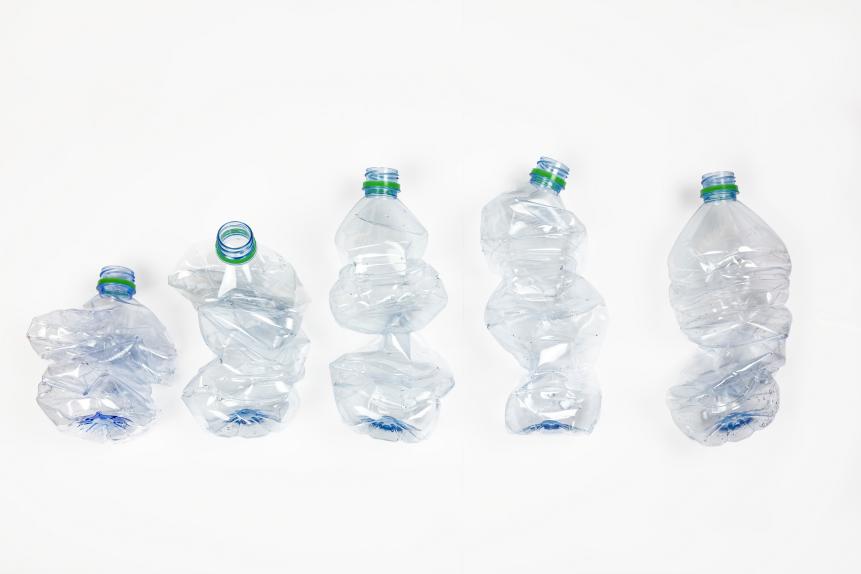
mikroman6
Singe-use PET water bottles.
Polyethylene is found in all types of single-use food and drink packaging, and plastic bags. Humans buy one million water bottles every minute, but only about 20 percent of these are recycled in the US and their natural breakdown can take hundreds of years.
Only one percent of the four trillion plastic bags used worldwide each year are returned for recycling, and Americans throw away 100 billion annually.
Pollution worldwide needs a number of effective clean-up technologies, and enzyme researchers believe their discoveries will help to create exciting new recycling processes. The next step is to lab test the most effective enzymes and develop them to tackle different plastics.
Scientists in Japan were the first ever to discover a species of bacteria – Ideonella sakaiensis – that could break down molecular bonds in PET in 2016. The process took about six weeks, but research led by the University of Portsmouth in England took the bacterial enzyme and improved it to speed up digestion to only a few days.
Upgrades to the work at Portsmouth in 2020 created a super enzyme that tackles plastic bottles and mixed textile clothing in a matter of hours. Yet another bacteria discovered by French researchers in leaf mold in 2020 uses an enzyme that can rapidly degrade PET bottles for recycling.
The race is now on to find an engineered enzyme that is both quick and safe to use. And it is hoped that the thousands of new candidates discovered worldwide can lead to a revolution in the way we recycle and dispose of all waste plastics.









